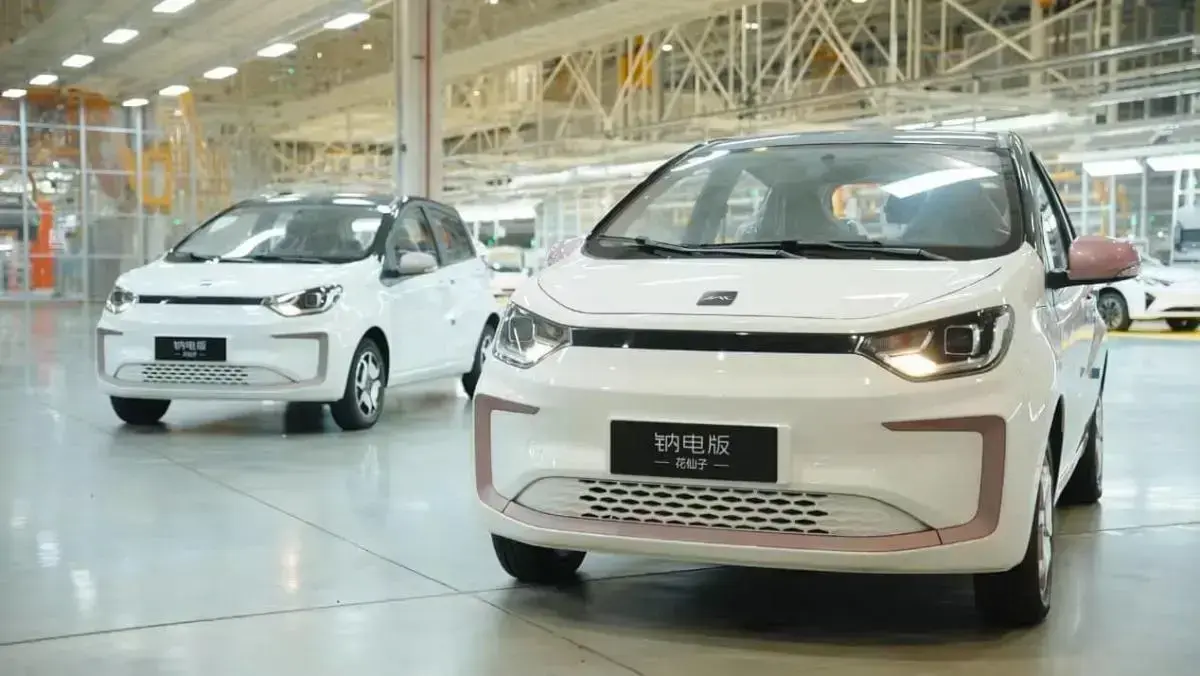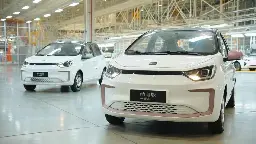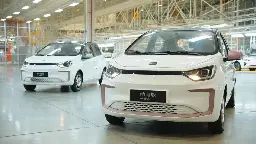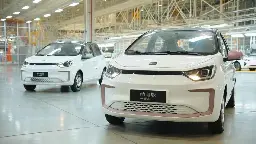The first EV with a lithium-free sodium battery hits the road in January
The first EV with a lithium-free sodium battery hits the road in January

www.engadget.com
The first EV with a lithium-free sodium battery hits the road in January

The first EV with a lithium-free sodium battery hits the road in January - Sodium-ion batteries have lower density but are cheaper and perform better in cold weather


